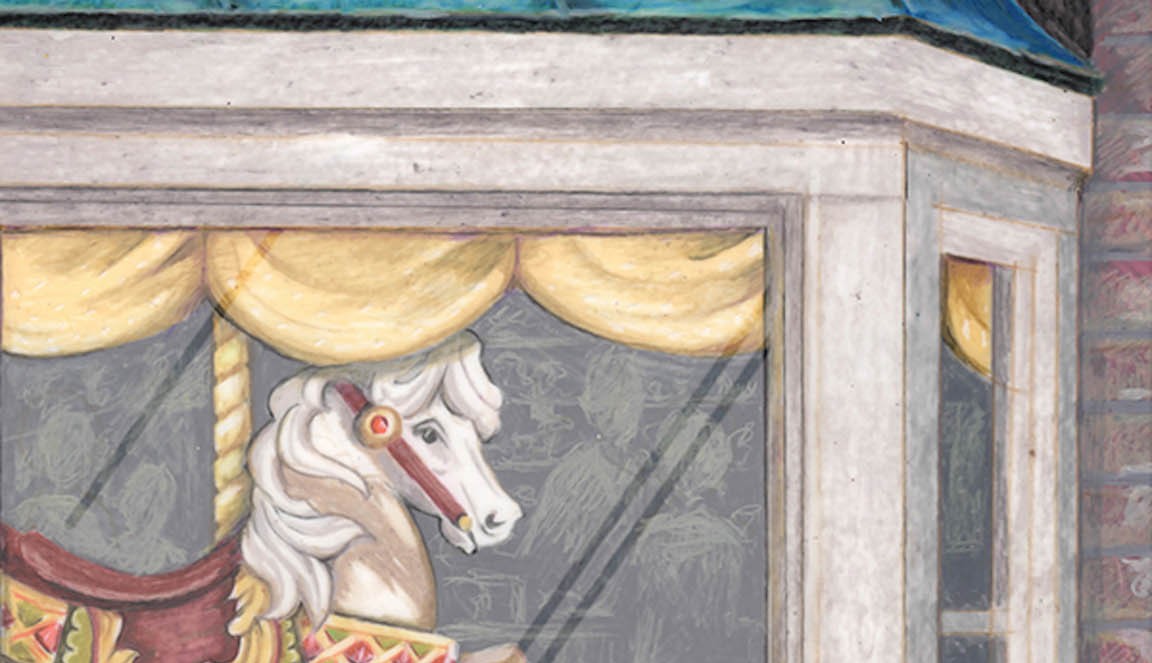“Nothing you become will disappoint me; I have no preconception that I’d like to see you be or do. I have no desire to forsee you, only to discover you. You can’t disappoint me” ― Mary Haskell
Defending Jacob is a story about a man who loves his son.
What parent has not struggled against the news that his or her child has done something wrong? Lying, cheating on a test, unkindness to a friend or classmate, rudeness to a teacher – a parent’s first reaction is always, “not my kid.”
Assistant District Attorney Andy Barber insists that his son, Jacob, is innocent when he is accused of murdering a classmate. His horror and disbelief would resonate with almost any reader, but if you are a parent, this is enough to keep you reading until the book’s shocking conclusion.
Set in the affluent Boston suburb of Newton, Massachusetts, the story unfolds as fourteen-year-old Jacob is arrested and brought to trial for the murder of Ben Rifkin. William Landay, a former district attorney, breathes authenticity into the legal aspects of the book that could only come from the halls of Boston College Law, his alma mater, and from his years of practicing criminal law.This is not a book where you will find irritating mistakes describing the way things are done.
Integral to this story of a family coming to terms with the unfathomable is the question of the possibility of inheriting a “murder gene”. Is young Jacob his murderous paternal grandfather’s true heir?
Defending Jacob is a brilliantly executed story that builds to a conclusion that was, at least for me, totally unexpected and, at the same time, understandable.
The question that lingers long after you finish the last page is: To what lengths will a parent go to save his or her child? To what length would I go to save my own?
I think you will find yourself unable to put this one down.

